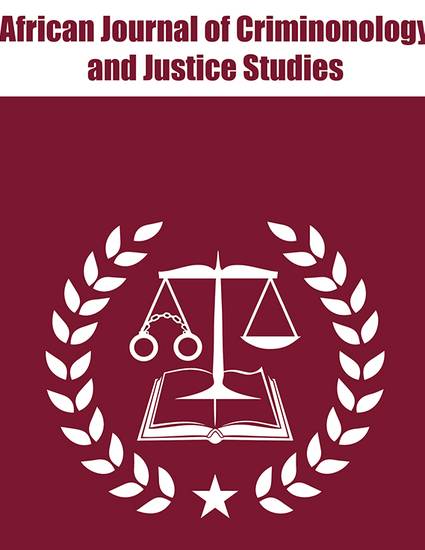
Article
Resisting Extremist Ideologies: Counterterrorism, Women, and Religious Reform in Morocco
African Journal of Criminology and Justice Studies
(2021)
Abstract
This paper examines Morocco’s manifest and latent use of women in its counterterrorism strategy. The first section provides an overview of terrorism and counterterrorism in Morocco, with a special focus on the escalation of women’s involvement in Islamic terrorist organizations. The second section examines the restructuring of the Moroccan religious sphere as a gendered response to local, regional, and global processes and discourses surrounding the relationship between Islam and terrorism. The third presents a thematic analysis and argues that Morocco’s gendered counterterrorism strategy is effective in using a localized inclusion of women in religious roles of authority. This strategy offers a valuable counter narrative that challenges the patriarchal fundamentalist discourses and centralizes the role of women in the prevention of terrorism. However, as progressive as these policies are for women’s rights and counterterrorism policy, the paper also argues that these strategies are designed to consolidate the monarch’s religious legitimacy and increase Morocco’s regional and international soft power claims.
Keywords
- counterterrorism,
- Islamic extremism,
- North Africa,
- Morocco,
- counter violent extremism.
Disciplines
Publication Date
April, 2021
Citation Information
Nabil Ouassini and Anwar Ouassini. "Resisting Extremist Ideologies: Counterterrorism, Women, and Religious Reform in Morocco" African Journal of Criminology and Justice Studies (2021) Available at: http://works.bepress.com/nabil-ouassini/5/
